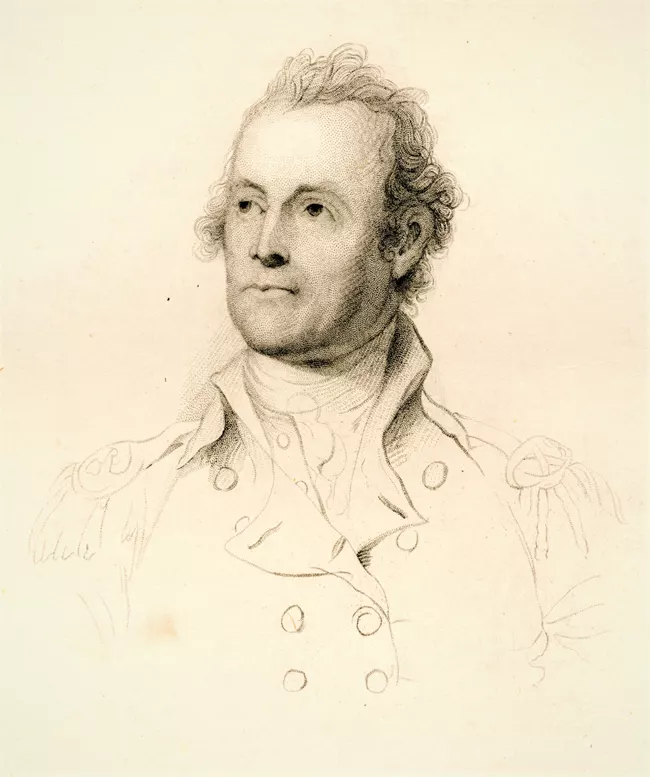The Continental surgeon general wrote in his 24 Sept 1775 letter:
A difficulty will soon cause one much greater than perhaps they are aware of at this time, tho’ many of them (that is the Officers) begin to Quake what they will do in December, then the time is Expired for which they inlisted for, and the Soldiers are tired of the Camp, wish for home, many will come in their Stead I am sensible, but they will not so readily get another Army together as they have this.There were indeed two mutinies in the Continental ranks earlier in that month.
The return that was made to the General of the Army last week was 22,540 Men. . . .
Great disturbences in the Camp of late with Mutinying, many Soldiers are now Confined in Guard for Mutiny.
One was the uprising of the Pennsylvania riflemen described here. They were protesting about a sergeant being confined, and then about one of those protesters being confined, and ultimately thirty-two more men were confined. A court-martial fined them a rather small amount, for the benefit of Church’s hospitals, but they lost a lot of their privileges as riflemen.
Around the same time, the soldiers assigned to the armed schooner Hannah refused to sail out of Beverly, probably angling for better prize money. Gen. George Washington had Col. John Glover (shown above) mobilize the local militia, arrest those men from his own regiment, and march them to Cambridge. On 22 September, the general orders announced that thirty-six men had been found guilty of “Mutiny, Riot and Disobedience of orders.” One was sentenced to be whipped 39 times and drummed out of the army.
At the same time, other parts of the Continental Army were still gung-ho. There were those thousand volunteers who marched off to invade Canada this same month, for example.
As Church noted, the real looming problem would come at the end of the year. The New England colonies had enlisted their armies only until then. In October, Washington would meet with his generals, delegates from the Continental Congress, and local political leaders about recruiting a new army for 1776. But the transition from one set of men to the next was a scary prospect.
Church’s letter in Gen. Thomas Gage’s files shows that the British command inside Boston was aware of that transition. But they didn’t try to take advantage of the besiegers’ weakness over the winter, as Washington feared. The British generals wanted to leave.
TOMORROW: Officers behaving badly.

No comments:
Post a Comment